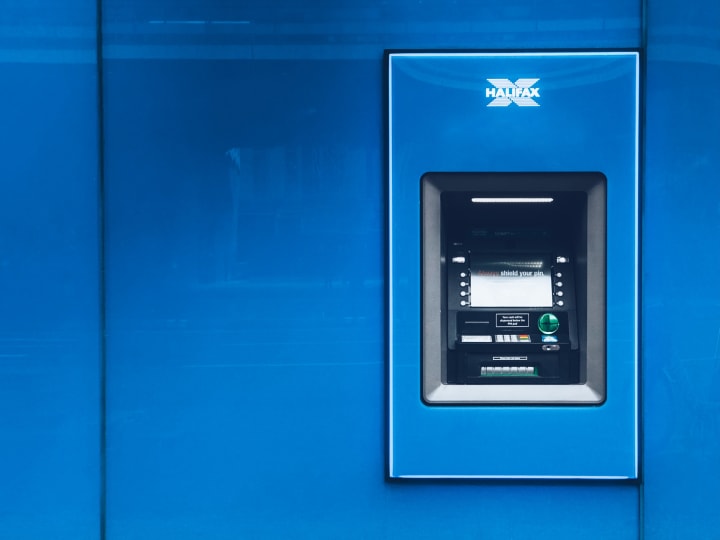Becoming your own boss can be a dream come true. You don't have to answer to an unreasonable supervisor, you can set your own hours, and you can focus your energies on things that really matter to you.
But then there's the IRS, because handling taxes when you work for yourself can be a big headache.
Here are some of the tax challenges you might have to face when you start a career as a freelancer, independent contractor or small business owner:
1. Paying Taxes Quarterly
Individuals who don't have income tax removed from each paycheck — that is, the self-employed — are required to pay quarterly taxes to the IRS. If you think about it, this seasonal paperwork was put in place partially for your protection. By paying your taxes quarterly, rather than yearly, it makes it much easier to stay on top of your tax bill.
That being said, it's very important that you set money aside from each paycheck to pay the taxman. Your taxes will be due whether you have put money aside or not, and rather than scramble for the cash, you ought to automatically deposit a percentage of each paycheck into an interest-bearing savings account.
The percentage you will need to set aside will depend on several factors, including your total income. However, you should know that in addition to income tax, you will also be required to pay both the employer and employee taxes for Medicare and Social Security.
For this freelancer, rather than figure out exactly how much I will owe, I prefer to set aside more than I need — 40% of each paycheck — and let the extra money grow in my savings account. At the end of the year, I'll have a modest amount of money that I can invest.
2. Inventories
If you want to see my mother — the owner of a small art gallery for nearly 40 years — break into a cold sweat, just mention the words "full physical inventory." Unfortunately for her, taking such an inventory is an annual requirement for the self-employed who are in business selling goods.
If you're in the business of selling widgets of various sizes, an inventory is not a big deal. However, any business owner who carries a large variety of items for sale will have a major task on hand when conducting an inventory.
Such an inventory is important, however, as it helps to determine your business's assets — both for the IRS to be able to tax, but also so that you are aware of your needs in terms of insurance.
3. Deductions
Fortunately, the IRS is aware of the fact that being self-employed has its own costs. So there are several deductions available to those who work at home that you will want to take advantage of:
Rent/mortgage : If you have an office within your home, you can deduct a portion of the amount you spend on living there as a business expense. There is a maximum percentage you are legally allowed to deduct, and you will want to double check with either the IRS website (www.irs.gov) or a tax pro to find out your eligibility.
Utilities : Like the rent and mortgage, this is something that you need in order to work from home, and therefore a portion of it can be deducted. In addition, if you use internet for your work from home, you can deduct your internet bill.
Office supplies : Your computer, printer and peripherals can all be considered business expenses, and you can deduct them.
For all of these deductions, please see a tax professional to determine exactly which ones you can legally claim.
Working for yourself is incredibly rewarding. Don't let the unique tax challenges facing the self-employed scare you away from a satisfying and lucrative non-traditional career.
Written by Emily Guy Birken for MoneyNing and legally licensed through the Matcha publisher network. Please direct all licensing questions to legal@getmatcha.com.




